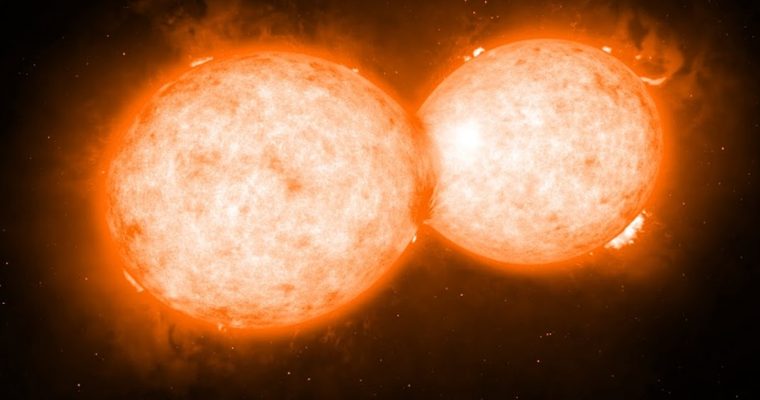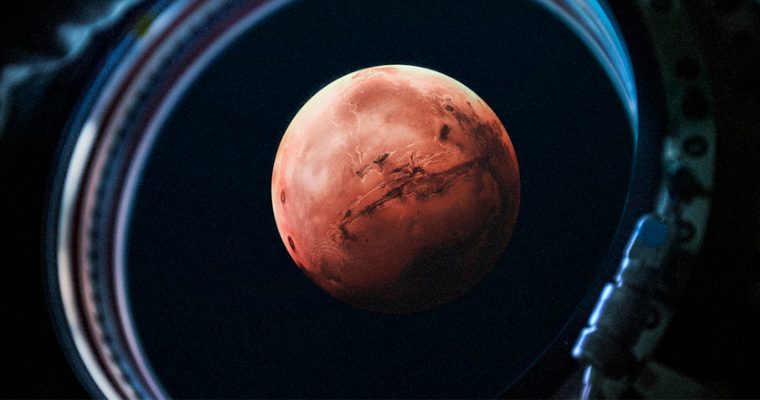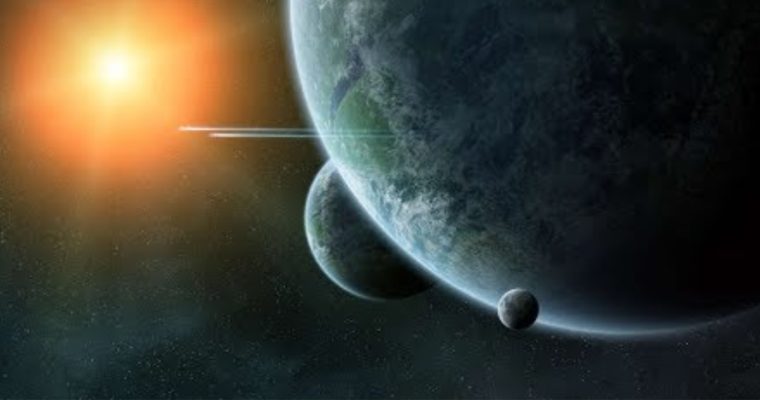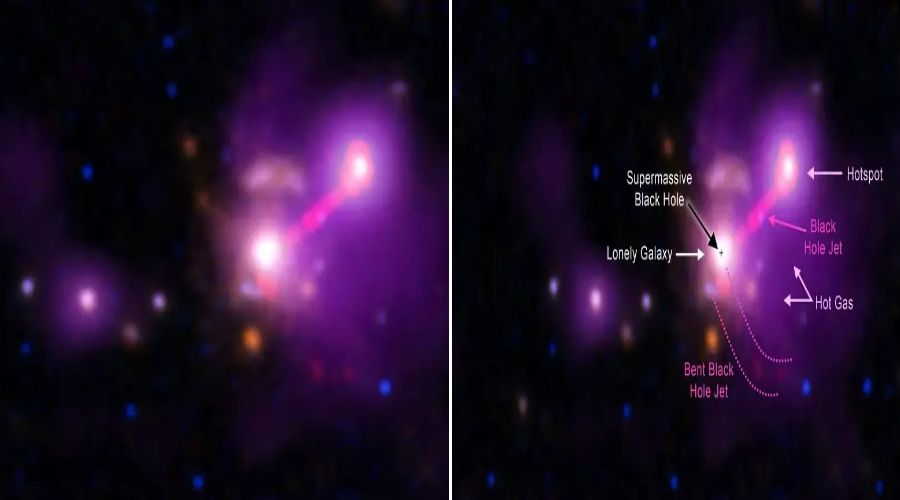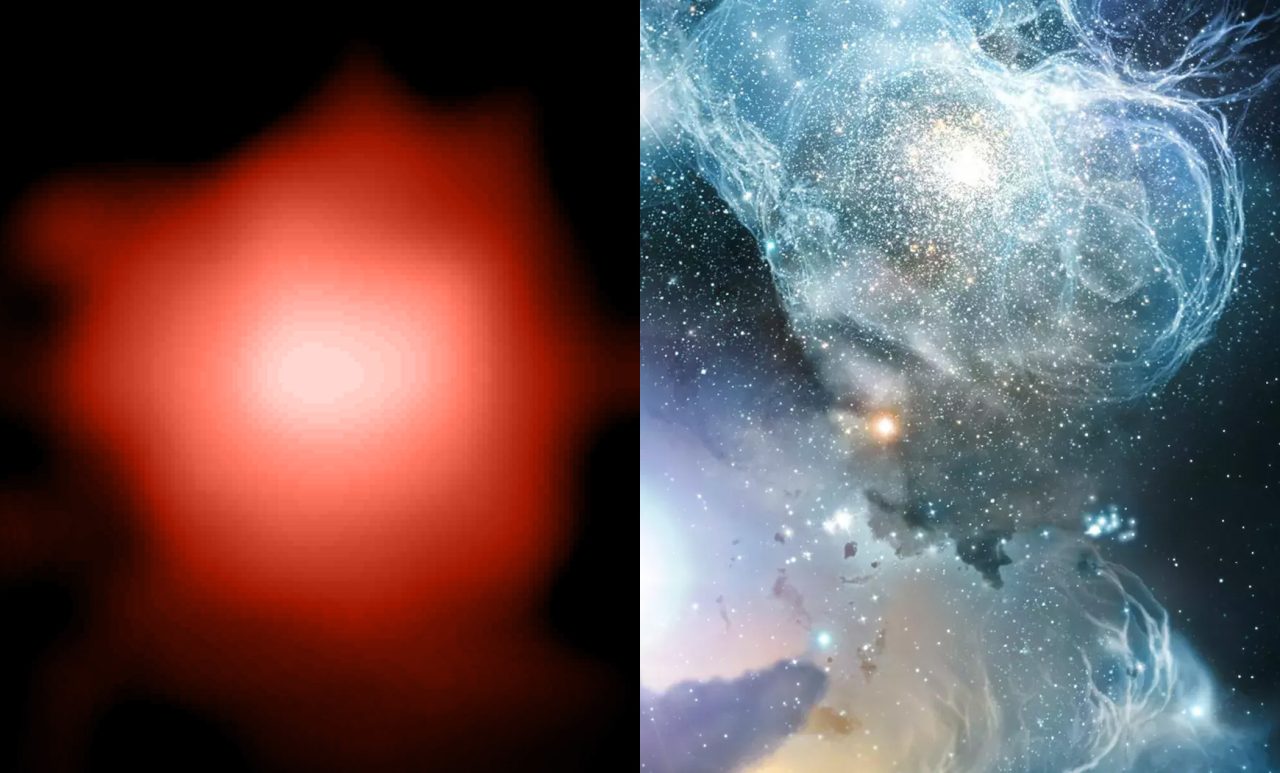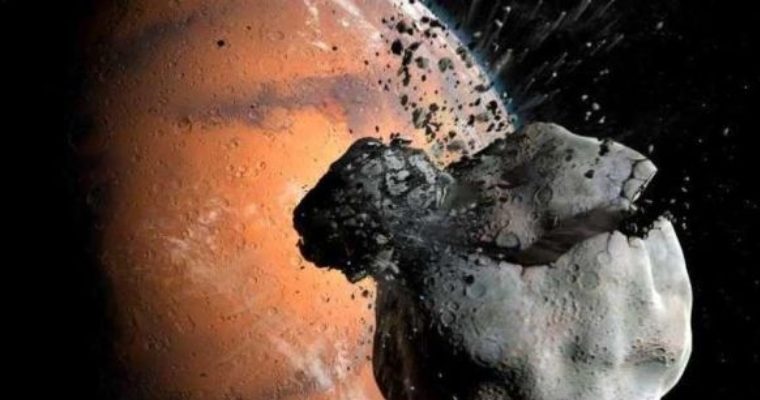A diagram of our heliosphere. For the first time, scientists have mapped the heliopause, which is the boundary between the heliosphere (brown) and interstellar space (dark blue). Credit: NASA/IBEX/Adler Planetarium

NASA’s Interstellar Boundary Explorer, or IBEX mission, has helped researchers learn something new about the heliosphere – the magnetic bubble created by the Sun that we live in. It turns out, the heliosphere has ripples! These ripples also change – likely due to influences from the Sun itself.
The paper explaining the results was published in the journal Nature Astronomy.
Video Transcript:
Did you know that we live in a giant magnetic bubble created by the Sun?
This bubble is known as the heliosphere, and it was discovered in the 1950s.
The heliosphere is huge – our best guess is that the boundary lies at least 10 billion miles from Earth!
Scientists are still learning exactly what this bubble is shaped like, but NASA’s Interstellar Boundary Explorer, or IBEX mission, has helped researchers learn something new about it.
They’ve found that this bubble has ripples!
And not only that – the ripples appear to change!
Scientists are now trying to find out why the heliosphere has this texture and why these ripples change over time.
Scientists think these ripples could be caused by changes in the outward pressure of the solar wind, the constant stream of particles and magnetic fields flowing off the Sun.
Since the Sun cycles between periods of high and low activity, the boundary of the heliosphere, called the heliopause, may change and oscillate over time.
According to the researchers, the ripples on the heliopause may be caused by instabilities that evolve over the solar cycle.
Future NASA missions will help us discover more about this mysterious bubble we live in.
Reference: “Oblique and rippled heliosphere structures from the Interstellar Boundary Explorer” by Eric J. Zirnstein, Bishwas L. Shrestha, David J. McComas, Maher A. Dayeh, Jacob Heerikhuisen, Daniel B. Reisenfeld, Justyna M. Sokół and Paweł Swaczyna, 10 October 2022, Nature Astronomy.DOI: 10.1038/s41550-022-01798-6



